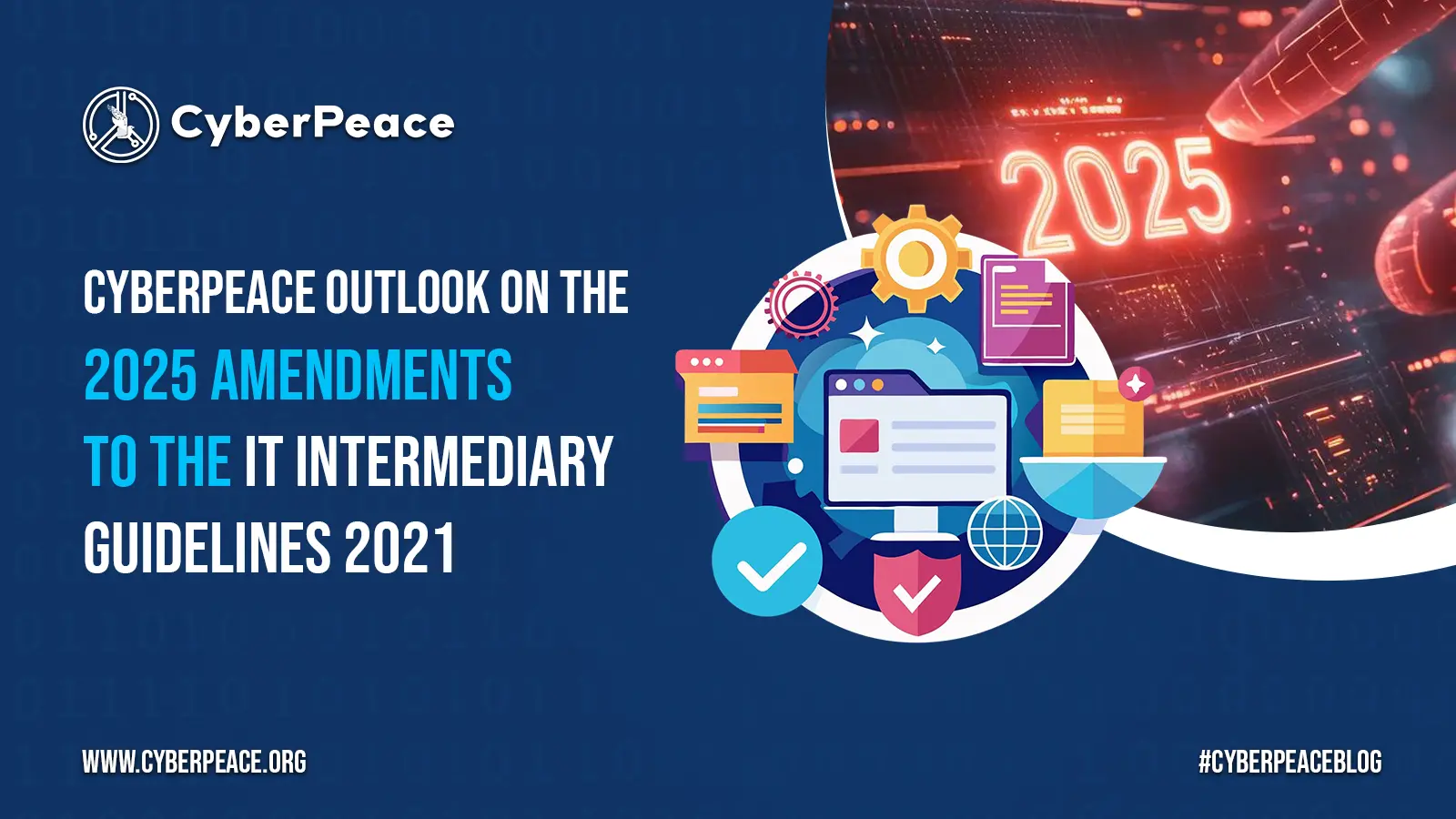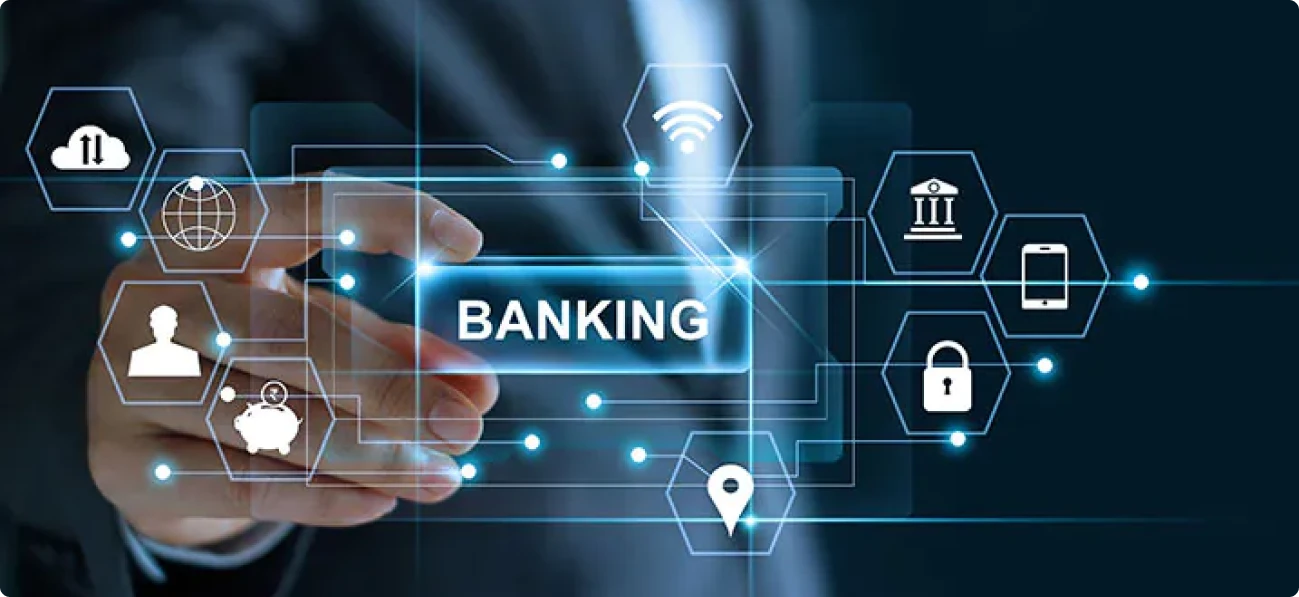TRAI on Promotional Messages & Calls
Introduction
The Telecom Regulatory Authority of India (TRAI), on March 13 2023, published a new rule to regulate telemarketing firms. Trai has demonstrated strictness when it comes to bombarding users with intrusive marketing pitches. In a report, TRAI stated that 10-digit mobile numbers could not be utilised for advertising. In reality, different phone numbers are given out for regular calls and telemarketing calls. Hence, it is an appropriate and much-required move in order to suppress and eradicate phishing scammers and secure the Indian Cyber-ecosystem at large.
What are the new rules?
The rules state that now 10-digit unregistered mobile numbers for promotional purposes would be shut down over the following five days. The rule claim that calling from unregistered mobile numbers had been banned was published on February 16. In this case, using 10-digit promotional messages for promotional calling will end within the following five days. This step by TRAI has been seen after nearly 6-8 months of releasing the Telecommunication Bill, 2022, which has focused towards creating a stable Indian Telecom market and reducing the phoney calls/messages by bad actors to reduce cyber crimes like phishing. This is done to distinguish between legitimate and promotional calls. According to certain reports, some telecom firms allegedly break the law by using 10-digit mobile numbers to make unwanted calls and send promotional messages. All telecom service providers must execute the requirements under the recent TRAI directive within five days.
How will the new rules help?
The promotional use of a cellphone number with 10 digits was allowed since the start, however, with the latest NCRB report on cyber crimes and the rising instances and reporting of cyber crimes primarily focused towards frauds related to monetary gains by the bad actors points to the issue of unregulated promotional messages. This move will act as a critical step towards eradicating scammers from the cyber-ecosystem, TRAI has been very critical in understanding the dynamics and shortcomings in the regulation of the telecom spectrum and network in India and has shown keen interest towards suppressing the modes of technology used by the scammers. It is a fact that the invention of the technology does not define its use, the policy of the technology does, hence it is important to draft ad enact policies which better regulate the existing and emerging technologies.
What to avoid?
In pursuance of the rules enacted by TRAI, the business owners involved in promotional services through 10-digit numbers will have to follow these steps-
- It is against the law to utilise a 10-digit cellphone number for promotional calls.
- You should stop doing so right now.
- Your mobile number will be blocked in the following five days if not.
- Users employed by telemarketing firms are encouraged to refrain from using the system in such circumstances.
- Those working for telemarketing firms are encouraged not to call from their mobile numbers.
- Users should phone the company’s registered mobile number for promotional purposes.
Conclusion
The Indian netizen has been exposed to the technology a little later than the western world. However, this changed drastically during the Covid-19 pandemic as the internet and technology penetration rates increased exponentially in just a couple of months. Although this has been used as an advantage by the bad actors, it was pertinent for the government and its institutions to take an effective and efficient step to safeguard the people from financial fraud. Although these frauds occur in high numbers due to a lack of knowledge and awareness, we need to work on preventive solutions rather than precautionary steps and the new rules by TRAI point towards a safe, secured and sustainable future of cyberspace in India.
















